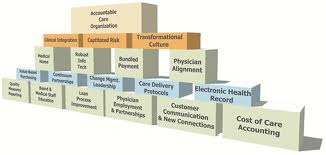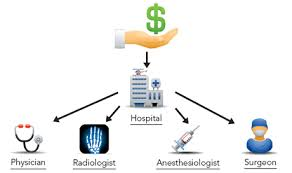5 Aspects of CMS’ 2015 Proposed IPPS Regulations
On April 30, 2014, CMS announced proposed IPPS regulations to become effective January 1, 2015. The ruling covers: Hospital Value-Based Purchasing Program, Hospital Readmissions Reduction Program, Hospital-Acquired Condition Reduction Program, Quality Reporting Programs, and Wage Index – Updated Labor Market Areas. CMS just announced proposed regulations to become effective January 1, 2015. These regulations further the goals of the Affordable Care Act: increasing patient outcomes and reducing healthcare spending. These proposed regulations are Medicare specific and, if approved, will be applicable to general acute care and long-term care hospitals.











